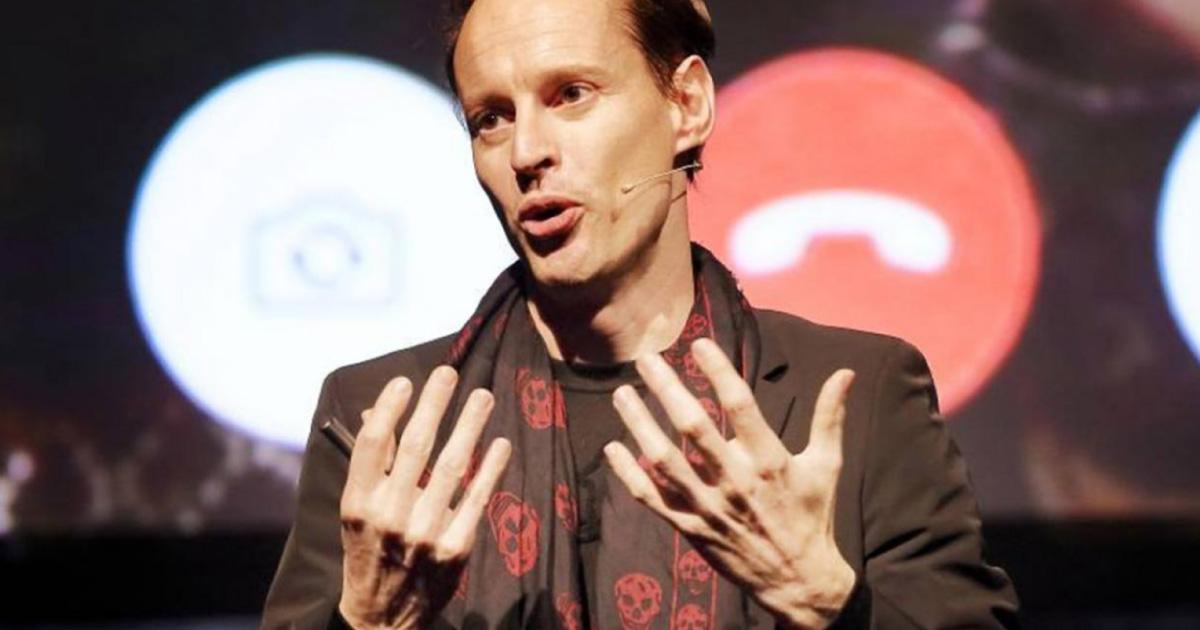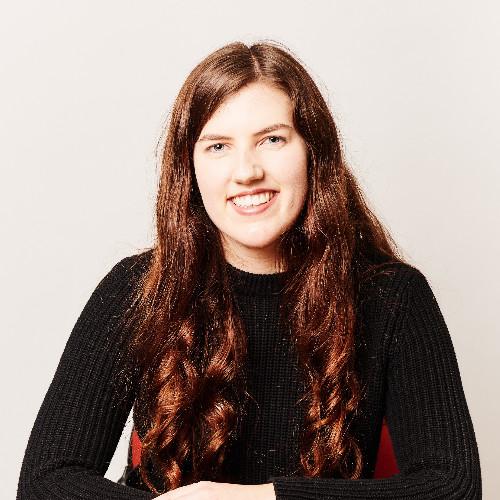After an inspiring four days at EMEC19 in The Hague, I couldn’t wait to write about my experience and let the learnings from the event sink in. With a strapline like ‘Changing the Game’, the pressure was on for MPI’s Netherlands chapter to create a conference like no other. EMEC19 dared its participants to think in new ways, challenge the status quo and most importantly, question “what if…”. A question that feeds perfectly IMEX Group’s own talking point for 2019, imagination.
With such abstract concepts flying around our heads, it was great to see how the event organisers put them into practice. Whether it was using locally grown ingredients to create a circular menu, or turning the Fokker Terminal into a huge escape room for 330+ participants. As Richard Allchild, IMEX Senior Sales Manager, put it in the final keynote session, we never knew what was going to happen next – which meant we were constantly engaged. Isn’t that the dream!
Each session I attended encouraged me to use the creative side of my brain, a skill that Daan Roosegaarde believes will only become more important in the workplace – more from him later. First up was my chosen learning journey, Straatjutten. After finding out the theory behind straatjutten, or street-combing, we took to the streets to photograph every single thing that caught our attention – without thinking about it. This child-like mindset was difficult to revert back to, but it demonstrated how limited our thinking has become as adults. We tend to question every thought and discard it if it’s unrealistic, instead of exploring the idea further. Milda, Suzanne and I might have taken the childishness too literally. With permission, we broke off in our own IMEX group to run to see the sea at the nearby Scheveningen beach.
Another eye-opening session was Kim Myhre’s ‘An introduction to human centric experience design’. Kim explained how experiences bring people together and build communities. This focus on experiences is becoming more important in events, maybe even more important than the product. He spoke of the importance of interactivity and creating environments were people feel safe and comfortable, specifically referencing this TED Talk on the joy aesthetic and how design can transform the way your attendees experience your event.
This session was followed by a panel, ‘How to team up for success. The value of diversity and inclusion’, featuring IMEX Group CEO, Carina Bauer, Marije Bouwman of Losberger De Boer, and Sven Romkes of ABN Amro Bank. It was an open discussion about the benefits of having a diverse team, the challenges that come with creating inclusive workplaces and events, and the things we can do to start including all kinds of people.
One of my highlights from EMEC19 was the keynote Daan Roosegaarde, ‘Changing your perspective, think like an artist’, which took place in the futuristic Fokker Terminal. Daan is the embodiment of the word inventor, who’s many projects not only create solutions to problems, but make an experience out of the process. Some examples; capturing space waste and turning it into an atmospheric light show in place of fireworks, using light-emitting stones which charge in the sunlight to illuminate a bike path to celebrate Van Gogh’s Starry Night, and the Smog Free Project, which aims to reduce pollution in cities with a tower that acts like a vacuum to suck in smog.
It is this project which emphasises once again the importance of experiences. Despite having incredible data showing the smog free towers made the air around them 70% cleaner, this wasn’t enough to earn the backing of investors. It wasn’t until Daan could show the way that dogs were gravitating towards the towers and thus the cleaner air, that people became convinced of their effectiveness. But still, more funding was needed. But Daan realised money could be made from the very waste product caused by the smog towers. The carbon they collected could be pressurised and turned into diamonds (one man’s trash is another’s treasure, after all). A perfect circular business model.
A common response to new and innovative ideas is “yes, but”. This forces us to think about limitations like time and money. Daan is a supporter of asking “what if…?” As seen in the above smog free tower example, what if you turn a waste product into a commodity? These ‘what if’ questions have formed the three pillars of our talking point, imagination: What if we work together, instead of apart? What if we intentionally include all kinds of people? What if we really committed to cutting down on waste?
So, let’s stop questioning ourselves and ask more questions! In Daan’s harsh-but-true words, “if you can’t imagine where you want to go, you will never get there”.
Are you looking for more imagination inspiration? If you register for IMEX in Frankfurt you can also attend EduMonday, where you can soak up insider knowledge from leading experts. Register now!



